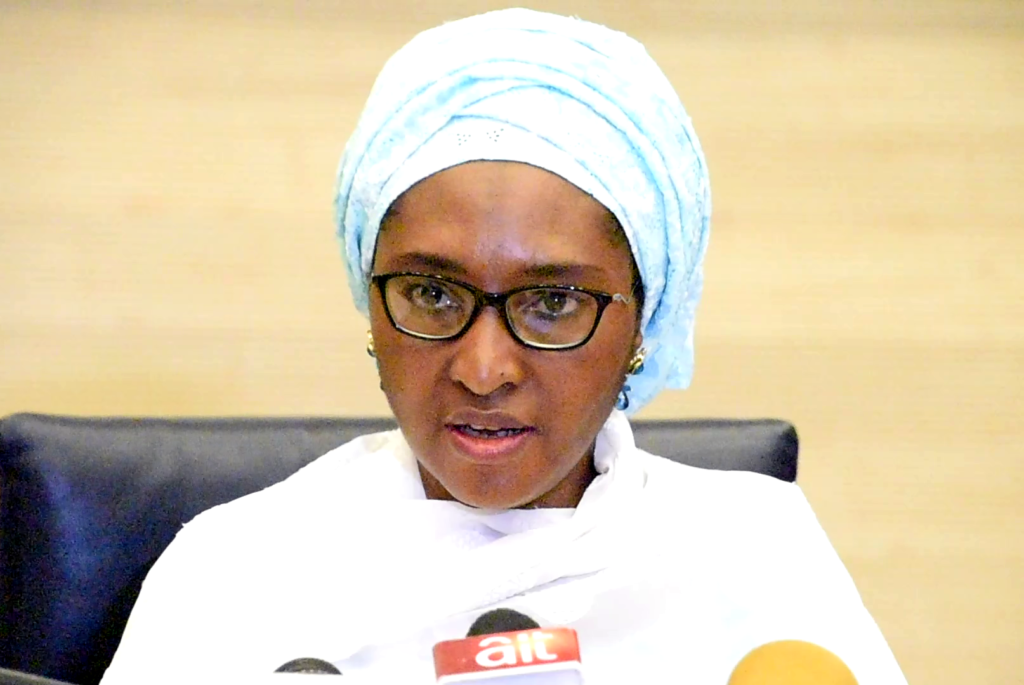As Nigeria faces a fiscal crisis caused by COVID-19 pandemic and the measures to contain it, the Buhari administration has conducted a review of the 2020 budget, which, if carried out, may be the first step required along governance reforms to cut waste and direct revenues for development.
The planned review affects federal lawmakers’ constituency projects, and may require political will to deliver.
The COVID-19 containment measures have affected mobility and business operations globally, thereby causing a record fall in oil demand and consequently oil price. As an oil-dependent economy, this adverse public health-economic situation is aggravating Nigeria’s fiscal crisis, having already planned to approach the debt market to finance some 26 per cent of the 2020 budget.
The government has already indicated plans to slash the budget but the actual expenditures the government intends to cut have just been revealed in a finance ministry memo . The budget, as already passed by the National Assembly, is N10.59 trillion. There have been reports that the proposed cuts could be between N350 billion and N1.5 trillion but the actual sum is not yet officially disclosed.
Spokesperson for the finance ministry, Hassan Dodo, did not comment on this detail Tuesday night. Also, total sum of the cuts is redacted in the memo we obtained but sources said it could amount to hundreds of billions of naira.
“The drastic fall in the price of crude oil below the 2020 budget benchmark, which was triggered by the global Covid-19 (coronavirus) pandemic has negatively impacted the FGN’s revenue projections,” stated the memo, dated March 17 and signed by minister Zainab Ahmed, to government bureaucracies and enterprises.
According to the memo, President Muhammadu Buhari had directed the finance ministry to revise the 2020 budget, which was passed by the National Assembly in December. “In doing so, we are to prioritise growth-enhancing, pro-poor expenditures and social sector investments generally,” the memo added.
The memo indicated that expenditures that are non-critical would be eliminated from the budget.
“In this regard,” the memo continued, “we will be eliminating as much as possible non-critical capital expenditure, especially those classified as Administrative Capital Expenditure”
The cuts include provisions for computer software acquisition, and purchases of computers and printers, buses, trucks and vans, motor vehicles and motor cycles, office and residential furniture and fittings, photocopying machines, scanners, and shredding machines, residential and office buildings, and land.










